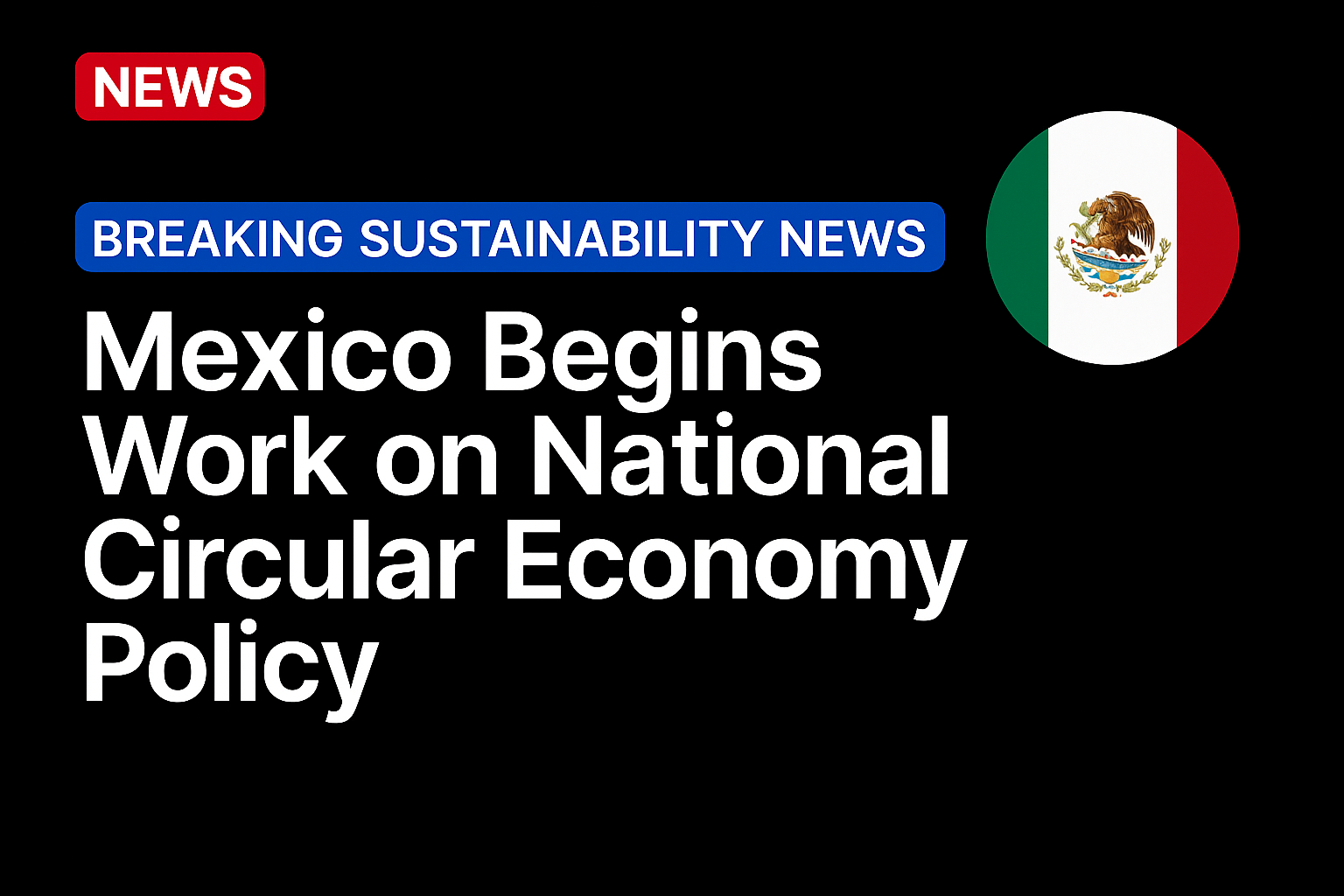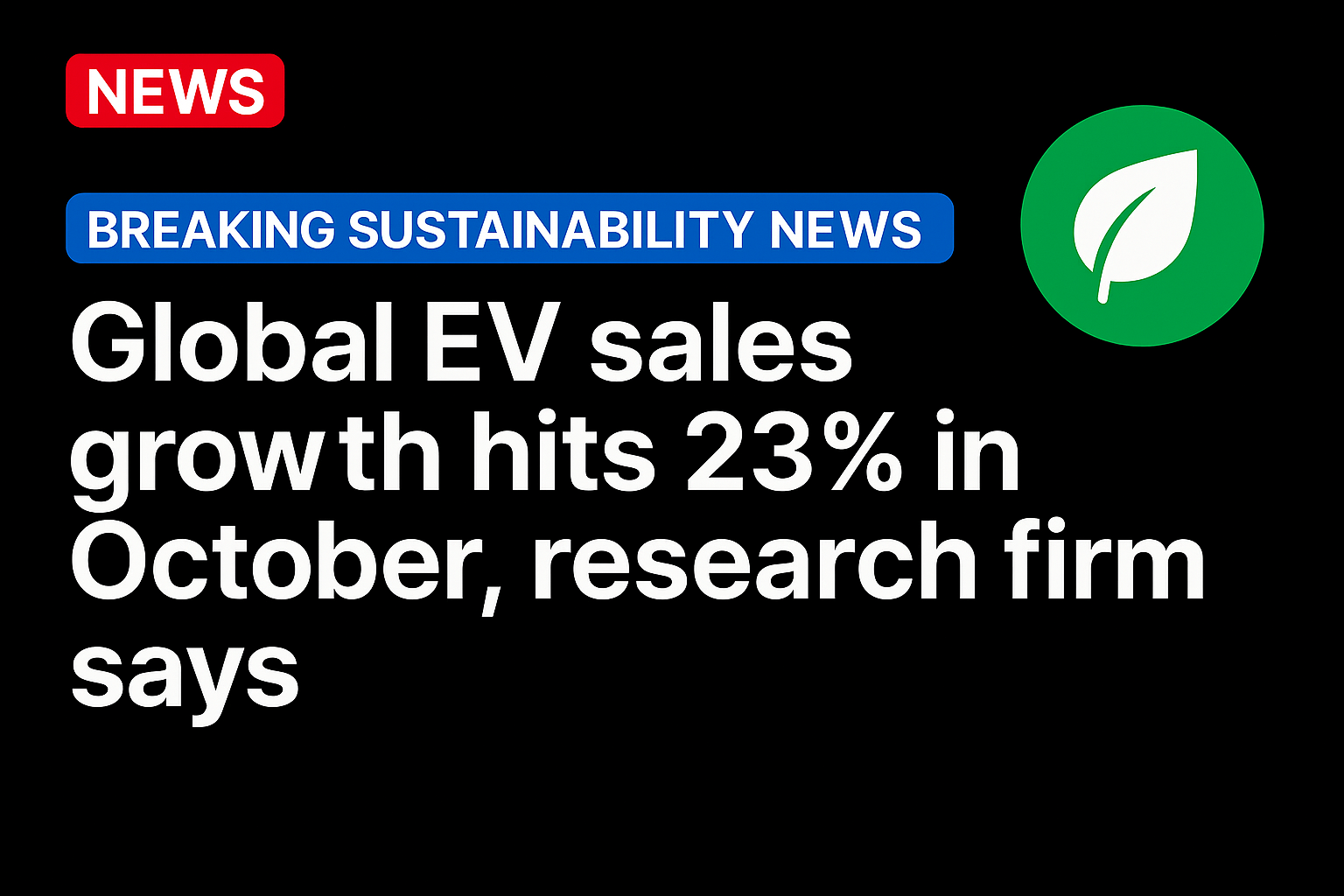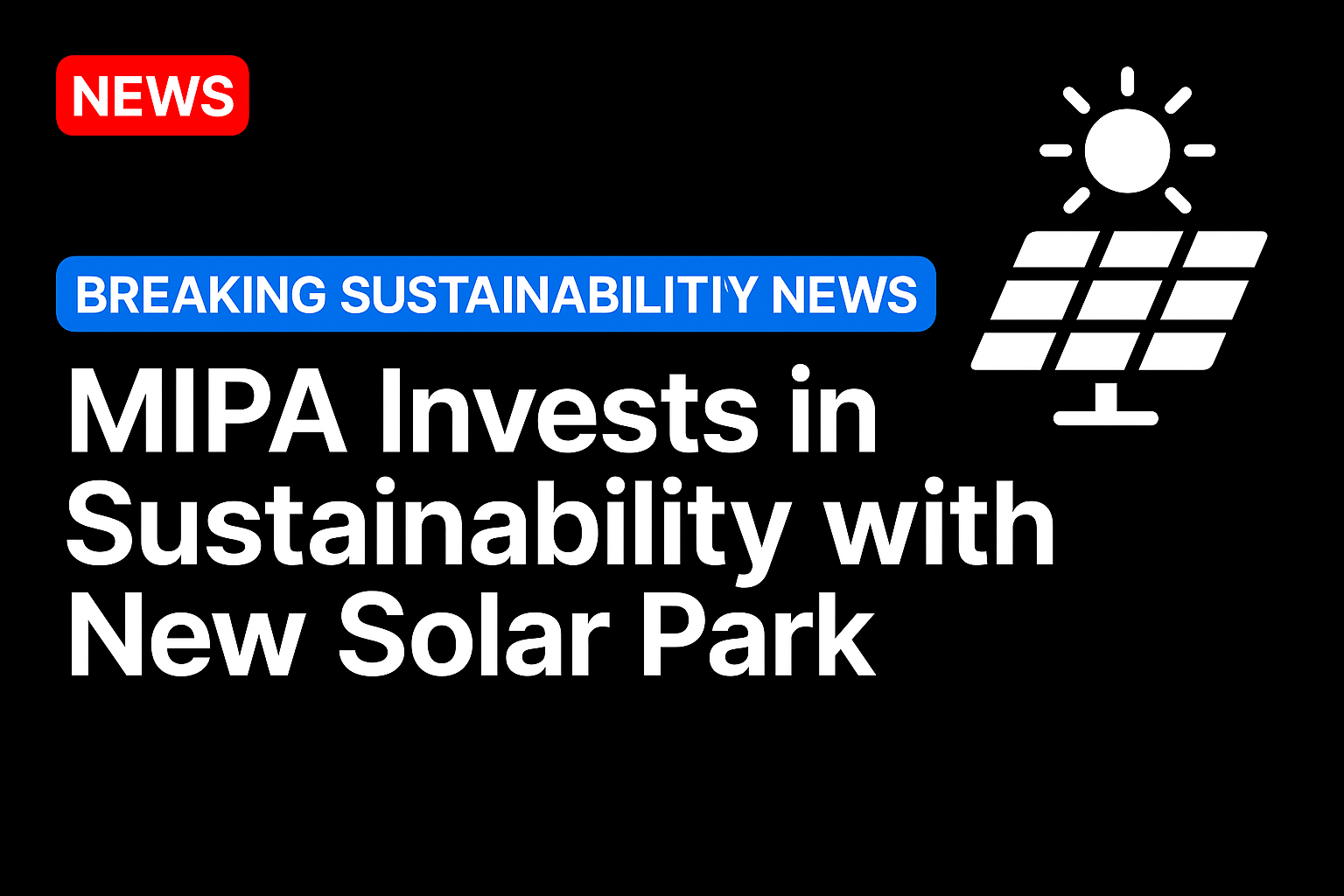The Ministry of Environment and Natural Resources (SEMARNAT) and the Ministry of Economy (SE) have launched regional missions to develop the National Circular Economy Policy, bringing together government officials, business leaders, academics, civil society, and industry clusters. The missions began in Queretaro, where regional working groups met to discuss the integration of the policy’s components. Ricardo Javier Torres, Deputy Minister of Sustainable Development for the state government, presented Queretaro’s progress on local circular economy initiatives and coordination among production sectors.
José Luis Samaniego, Deputy Minister of Sustainable Development and Circular Economy, SEMARNAT, described the circular economy as a national strategy to promote innovation, social well-being, and efficient resource use, shifting the focus from extraction to utilization, from consumption to redesign, and from waste to opportunities. He said the federal government aims for industrial policy grounded in inclusion, sustainability, and social equity.
Vidal Llerenas, Deputy Minister of Industry and Commerce, SE, highlighted the government’s efforts to position the circular economy as a central axis of sustainable development and a green reindustrialization strategy. He emphasized the need for long-term legal certainty to attract investment, transform national industry, and create quality jobs. He noted that while Mexico has experience in key industries, strengthening legislation and institutional frameworks is essential to enhance the competitiveness of value chains, where SMEs play a critical role.
The plenary session included representatives from the state government, private sector, key industry clusters, civil society organizations, universities, specialists from other Bajio states, and experts from Queretaro’s circular economy ecosystem.
Arquímedes Ruíz, Director General of the National Metrology Center, SE, said the plan focuses on strengthening products under the Hecho en México brand, with quality infrastructure central to implementing circular economy measures.
Pauline Schaal, Representative, French Development Agency (AFD), highlighted the importance of a shared vision based on the three principles of the circular economy. She said the initiative represents an opportunity for structural change in how Mexico produces, consumes, and manages natural resources, generating regional value without compromising future development. Schaal emphasized the AFD’s commitment to supporting solutions for the key challenges of this transformative agenda.
Mauricio Zenteno, Head, Global Factor team, explained that the technical assistance aims to consolidate governance across sectors, create mechanisms for cooperation, and facilitate inclusive financing. This approach is intended to strengthen the resilience of value chains involving millions of SMEs, cooperatives, startups, and new economic units engaged in material valorization.
The first sectoral and innovation working groups were held on Oct. 23 and 24, providing spaces for participatory development of the National Circular Economy Policy and involving representatives from across Mexican society.
Source: https://mexicobusiness.news/




